Log in or create new account to save this product to your wishlist.
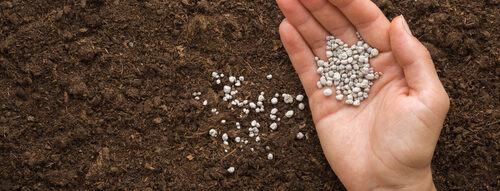
Organic fertiliser for your garden: what is it and how to use it
What's the difference between organic and synthetic fertiliser? And which is best? Or do they complement each other?
🌱 All important maintenance moments for your lawn during the year. Leave your email and we will send you the lawn calendar for free.
Enter your email
Receive the lawn calendar in the mail
Enjoy a green lawn all year round!
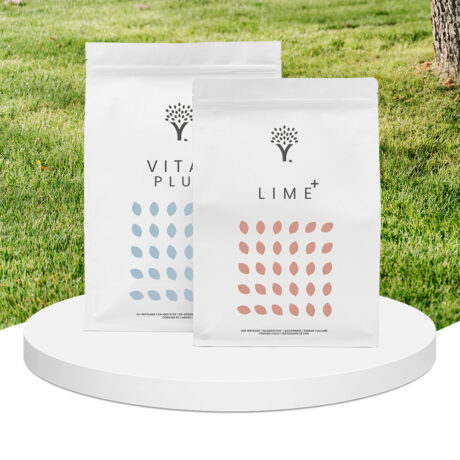
- Order by 2PM = shipped today
- 250.000+ satisfied customers!
- 60 day satisfaction guarantee
Organic fertiliser: you’ll have heard of it, of course, but what exactly does it do? What’s in it? And is it better than chemical-based fertilisers? And what does it do for your soil’s condition?
- Why do you need to fertilise?
- The difference between organic and non-organic fertilisers
- What is an organic fertiliser?
- When and how to fertiliser with organic feeds
- Types of organic fertilisers
- Advantages and Disadvantages of synthetic fertilisers
- Do synthetic and organic fertilisers complement each other?
You might already fertilise your lawn regularly — but have you considered going organic?
In this article, we’ll explore how organic fertiliser works and the benefits of organic over other types of shop-bought fertilisers.
Ready? Let’s go!
Why do you need to fertilise?
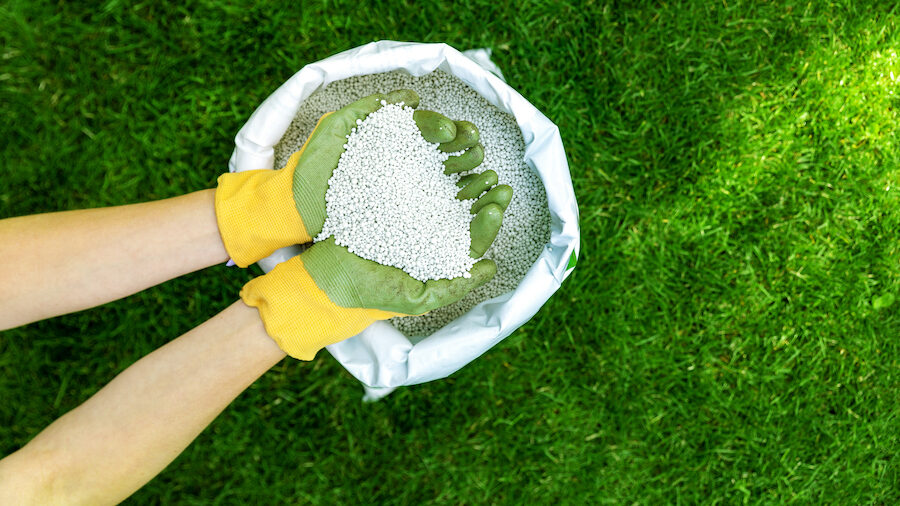
All plants need several elements to survive and thrive: water, light, and nutrients.
Of course, your lawn gets water when it rains or when you manually water it, and light comes from the sun. And while the soil is naturally nutritious, it loses its nutritional potency over time.
So, while water and light are pretty much provided by nature, your soil needs a helping hand regarding its nutrient content.
Think about it: your grass grows, and you mow it to make it look neater and to boost growth. However, you remove part of the leaf when you cut, which is where your grass plants store their sugars from photosynthesis, meaning that your plants need to draw more energy from the soil to recover from mowing.
And over time, your lawn strips the soil’s essential nutrients. So, we apply fertiliser to help return the necessary nutrition back to the earth.
The difference between organic and non-organic fertilisers
There are three principal types of fertiliser:
- Organic
- Non-organic
- Mineral
Mineral fertilisers are a mix of organic and non-organic fertilisers.
Non-organic fertilisers are manufactured from synthetic substances to provide the nutrition your plants need to thrive. These have an immediate effect, and you’ll see quick results.
And while we often consider “synthetic” to have negative connotations, we simply mean that the chemical compounds have been selected and manufactured to feed the soil precisely — they’re not bad!
Organic fertilisers, such as compost or well-rotted animal manure, feed the soil with high-quality nutrition and consist of vegetable or animal raw materials. They’re usually wholly biodegradable but have a slower effect on plant life.
What is an organic fertiliser?
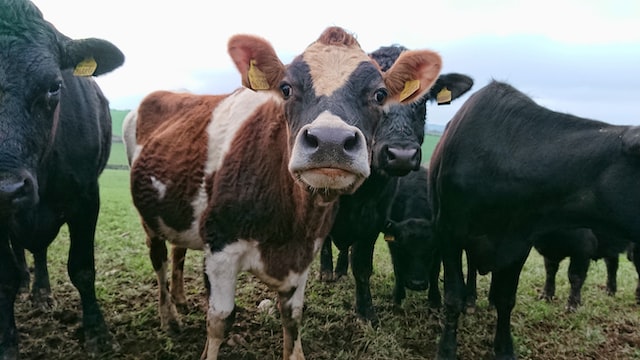
Like manufactured fertilisers, organic feeds contain Nitrogen (N), phosphorus (P), and potassium (K). However, they generally have lower NPK content than specifically manufactured feeds.
Check out our expert’s guide to NPK fertilisers to learn how to differentiate one fertiliser from another.
However, organic fertilisers are made from compost, waste animal products, or manure, which has been rotted and dried.
Here are some of the most popular organic fertilisers widely available:
Farmyard manures
Which is better? Cow, chicken, or horse manure?
All farmyard manures are nutritious and will benefit your garden. However, horse manure has more Nitrogen and a higher nutrient content than cow dung, which tends to contain significantly more water.
Horse manure is brilliant for nitrogen-hungry plants, such as potatoes, garlic, corn, and lettuce, and it’s a great addition to your lawn.
However, as mentioned, the manure must be rotted down and dried before applying.
Chicken manure is available in pellets and doesn’t smell bad like horse or cow manures can. Chicken manure is an excellent nitrogen source and ideal for green leaf growth.
Can I use raw manure to fertilise my garden?
No.
While farmyard manures are nutritious for your soil and plants, you could burn them with raw manure because the ammonia levels are likely too high.
Well-rotted manure is left for at least three-to-four months, but it can take up to a year to ensure the carbon/nitrogen ratio is suitable for your soil.
Mulch as an organic fertiliser
Mulching is a natural form of organic fertilisation, bringing nutrients to your soil, helping the earth retain its moisture, and improving the soil structure.
You can mulch with decayed grass clippings, garden compost, fallen leaves, or leaf mould. It’s also OK to leave a fine layer of grass clippings on your lawn, which returns some of the lost nutrients to the soil.
However, the clippings need to be in tiny pieces to help it rot down more quickly — if the clippings are too long, they can contribute to a felt layer that can suffocate your lawn.
If a felt layer develops underneath your lawn’s surface, scarify to re-aerate the topsoil.
Horn meal as an organic fertiliser
Horn (and hoof) meal is an organic plant feed made from dehydrated and ground cattle horns and hooves from slaughterhouses.
This feed has a high nitrogen content (12%) and 2% phosphorus, boosting the vitality of roots and stems.
Fish blood and bone organic fertiliser
Ideal for flowering plants, fruits, and vegetables, Fish, Blood and Bone (FBB) is an organic fertiliser which supports robust and healthy plant growth.
FBB meal is faster-acting than beef bone meal and is perfect for improving soil conditions.
Use it as a top dressing during growth periods or a soil improver for depleted earth.
When and how to fertiliser with organic feeds
Before your plants can absorb organic fertiliser, it needs to have rotted down into humus (dark, rich soil), which provides a better, more moisture-retentive soil structure. Just like compost from your compost heap needs to have rotted entirely down into rich, dark soil before you apply it to your ground.
However, the effects of organic fertilisers can take up to three months to demonstrate their full effect, whereas manufactured feeds are faster-acting. The weather can also affect the speed with which your plants absorb organic nutrients — feed releases more nutrients in humid and warm conditions than in cold weather.
Types of organic fertilisers
As mentioned, there are different types of organic fertiliser.
Fertiliser granules
You can spread fertiliser granules over the soil surface by hand or with a spreader. And they begin to break down as soon as they’re exposed to water, slowly releasing nutrients into the earth.
Granules tend to offer longer-lasting nutrition than liquid feeds, so you don’t need to apply granulated fertilisers as often as their liquid counterparts.
Liquid fertilisers
These are added to water and administered to the plant using a sprayer or watering can. BabyBio is a popular brand of liquid feed suited to house plants.
Fertiliser powders
Powdered fertilisers are fast acting because of the smaller size of the fertiliser grain, offering a visibly more immediate difference in your plant’s performance.
Advantages and Disadvantages of synthetic fertilisers
Synthetic fertilisers are a compound of chemicals designed to accommodate particular plants. Lawn fertilisers are described by their NPK value, which represents the amount of Nitrogen, phosphorus, and potassium in the mix.
The benefits of synthetic fertilisers
- Highly effective and targetted nutrition
- Works quickly — you see quick results
- Provides a speedy growth boost
- Often cheaper than organic fertilisers
The disadvantages of synthetic fertilisers
While synthetic lawn fertilisers are super-efficient and cost-effective, it’s essential to understand the potential disadvantages.
- Not a natural product — made in a factory, with a carbon footprint associated with the manufacture
- Quicker acting but not as long-lasting as organic fertilisers, you have to apply synthetic fertilisers more regularly.
- Fertiliser is naturally salty — too much salt can damage your soil’s ecosystem.
- Potential for grass burn if over-used or used incorrectly
Do synthetic and organic fertilisers complement each other?
Don’t add synthetic and organic fertiliser simultaneously; they’ll cancel each other out. You can add a manufactured fertiliser for quick results in spring, then use an organic fertiliser during summer to stimulate the soil.
It’s good to use a mix of feeds to avoid unnaturally fast growth spurts that can weaken a plant’s resistance to disease and drought.
-
Spring Boost Lawn Fertiliser
Out of stock
12.99- Order by 2PM = shipped today
- 250.000+ satisfied customers!
- 60 day satisfaction guarantee
-
Long Lasting Lawn Fertiliser
Out of stock
13.99- Order by 2PM = shipped today
- 250.000+ satisfied customers!
- 60 day satisfaction guarantee
-
Iron Sulphate Lawn Fertiliser
Out of stock
14.99- Order by 2PM = shipped today
- 250.000+ satisfied customers!
- 60 day satisfaction guarantee
Do you need more information?
I hope you’ve got all the information you need to make a decision about how to feed your garden, but don’t hesitate to contact us if you have other questions.
We’ll get back to you with an answer in no time!
Happy gardening!
-
Orchids: A Complete Guide on How to Care for ThemWant to give your orchid the best possible care? Discover essential tips from placement to watering and pruning. Learn everything you need to know!Read more
-
Growing Wisteria Made Simple: From Planting to Perfect BloomsWith blossoms like a purple waterfall, Wisteria sets an almost magical and colourful mood. If you want to grow this beauty in your garden, you’ll need a bit of patience. Don’t worry, it will most definitely pay off.Read more
-
How to Build a DIY Greenhouse: A Practical Guide for Smart SpendersImagine extending your growing season throughout the year, nurturing tender plants regardless of the weather, and creating a personal garden sanctuary. This is precisely what a DIY greenhouse offers you. Let’s learn how to build one.Read more
-
How to Grow Eucalyptus in British GardensWith a little love and care, eucalyptus trees can thrive in English gardens. Since they don’t germinate well without proper help, there are not considered invasive. So, there is no reason not to plant them if you enjoy their looks.Read more
-
Transform Your Garden with All-Year-Round Flowering PlantsDid you know you can enjoy blooming flowers even in January? With the right selection of all year round plants, there’s no need to wait until spring to add some colour to your garden.Read more
-
How to Create a Butterfly Garden: A Simple Guide for British GardensThe UK's butterfly population includes 59 different species. These beautiful winged creatures face a steady decline because of habitat loss, pollution and changing weather patterns. Your garden can become a vital link between nature reserves and natural habitats. Let’s explore how.Read more
-
Volcanic Rock Dust for Your Garden—Application and TipsDid you know that volcanic rock dust is a brilliant organic soil improver? This article explains exactly what it's good for and how to use it properly.Read more
-
How to Use Landscape Fabric ProperlyIf weeds or erosion in your garden are troubling you, landscape fabric might be the solution. We’ll explain how and when to use it properly, just keep on reading.Read more
Leave a comment
Your answer will be displayed on the site and the interested party will be notified by email.
Leave a comment
Have a question or want to share your experience? Leave us a comment.
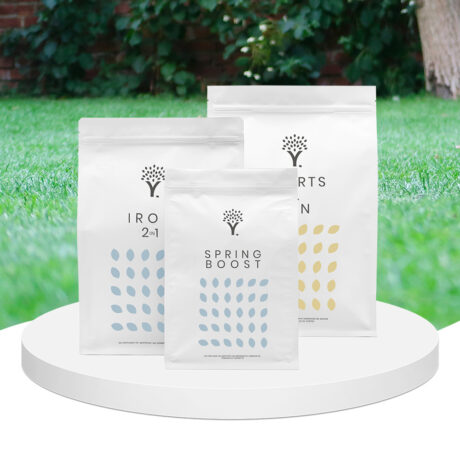
- Order by 2PM = shipped today
- 250.000+ satisfied customers!
- 60 day satisfaction guarantee
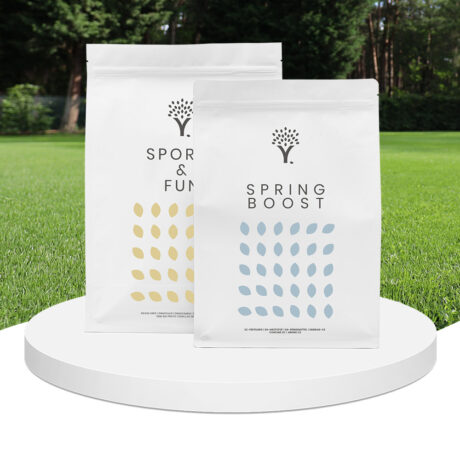
- Order by 2PM = shipped today
- 250.000+ satisfied customers!
- 60 day satisfaction guarantee

🌱 All important maintenance moments for your lawn during the year. Leave your email and we will send you the lawn calendar for free.
Enter your email
Receive the lawn calendar in the mail
Enjoy a green lawn all year round!


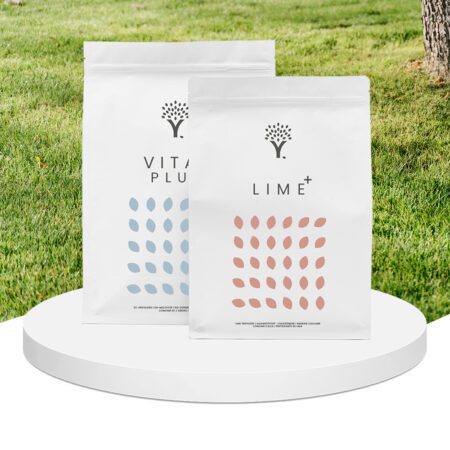
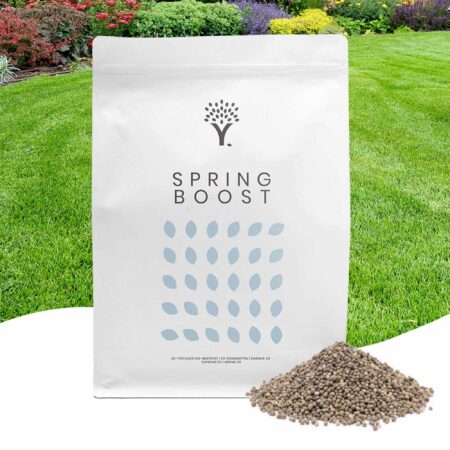
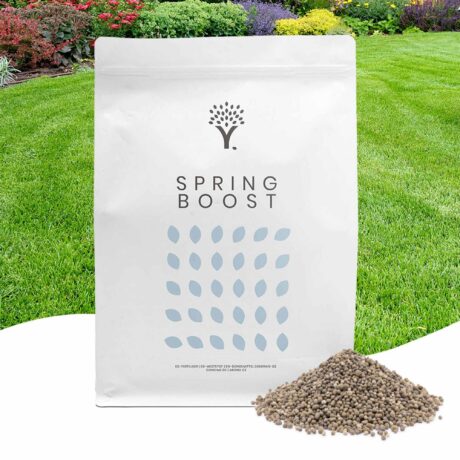
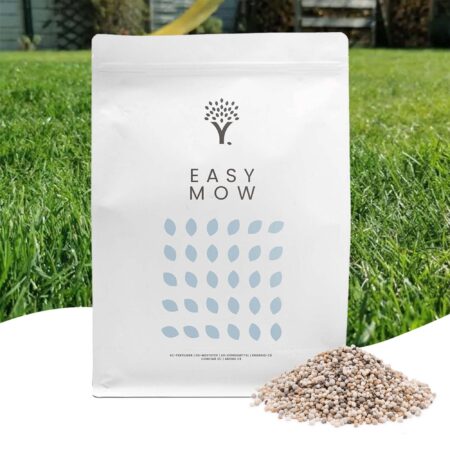
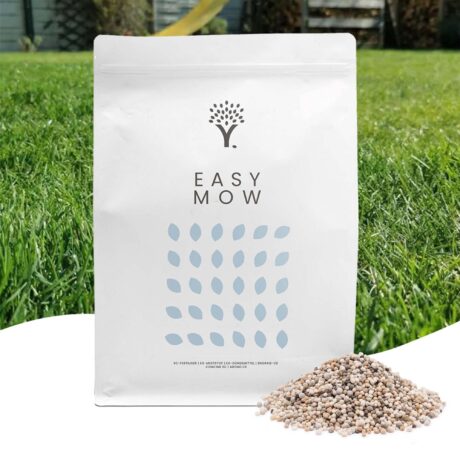
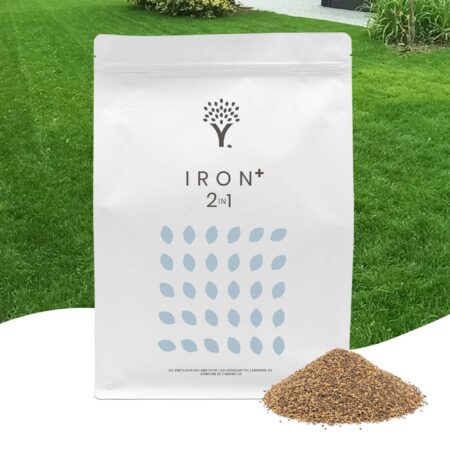
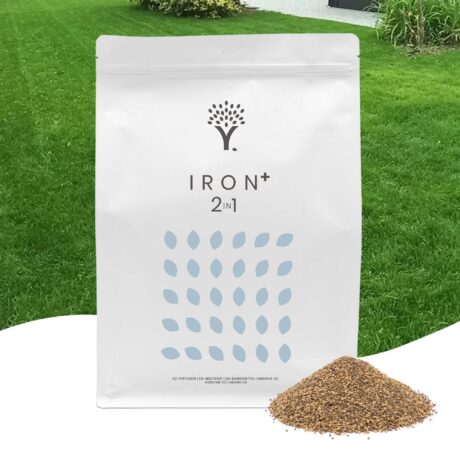



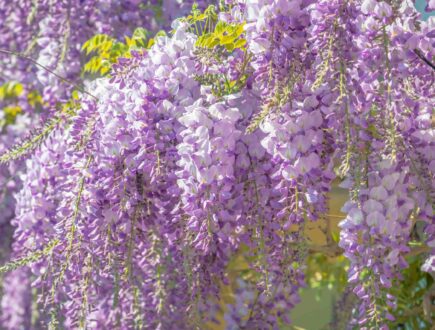

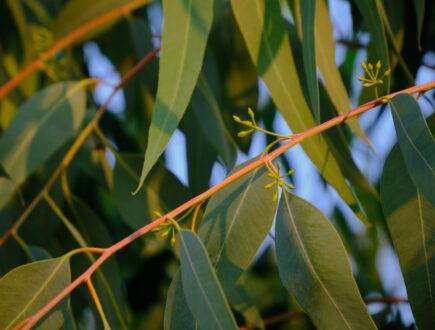
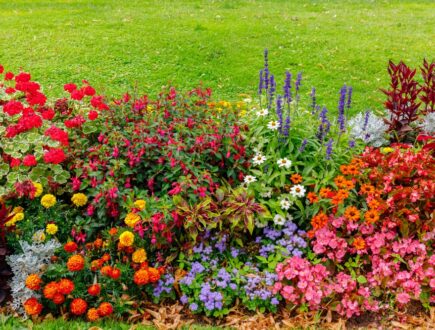

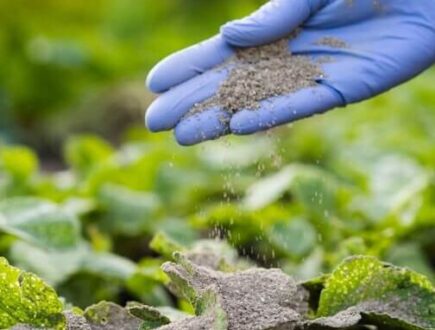
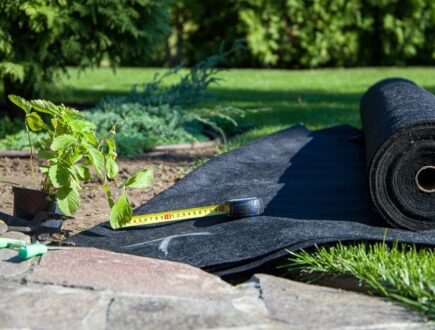
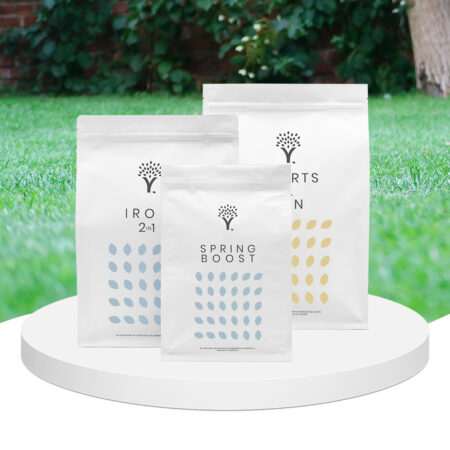
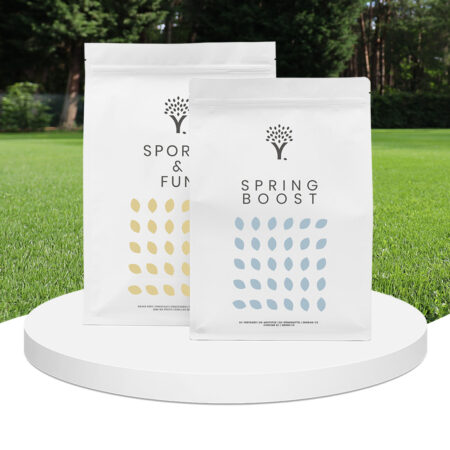

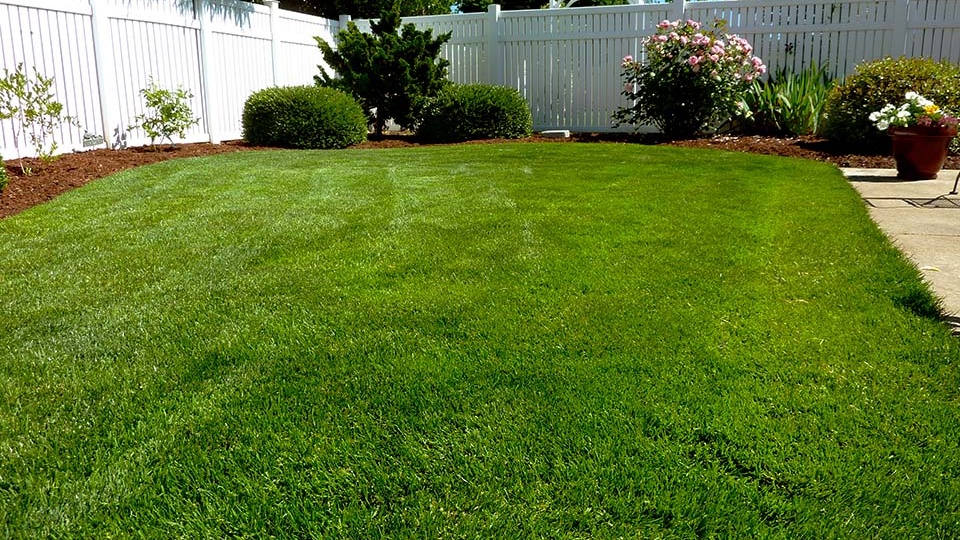

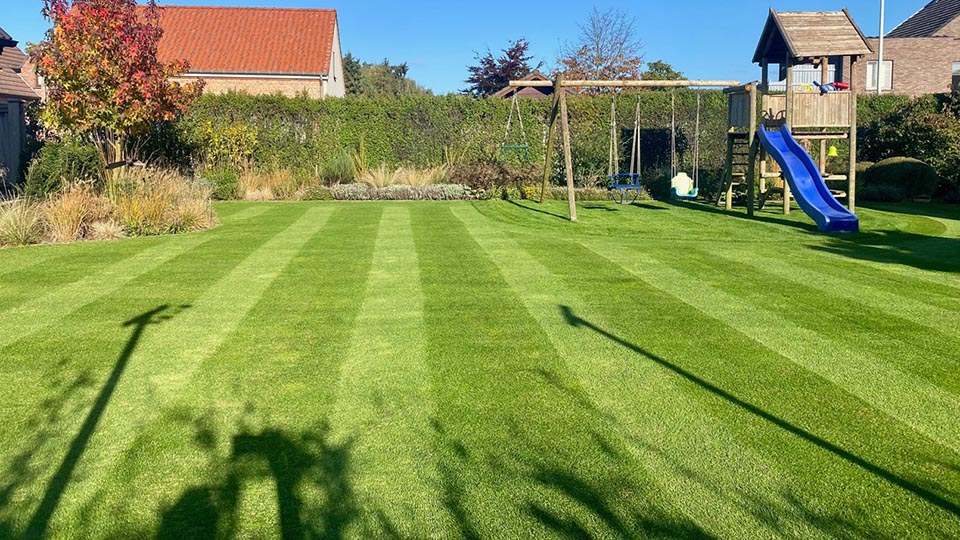

Comments (0)
There are no comments yet. Well then, what are you waiting for to
Be the first to write your comment!inaugurate this pretty page?
Do you have some comments?